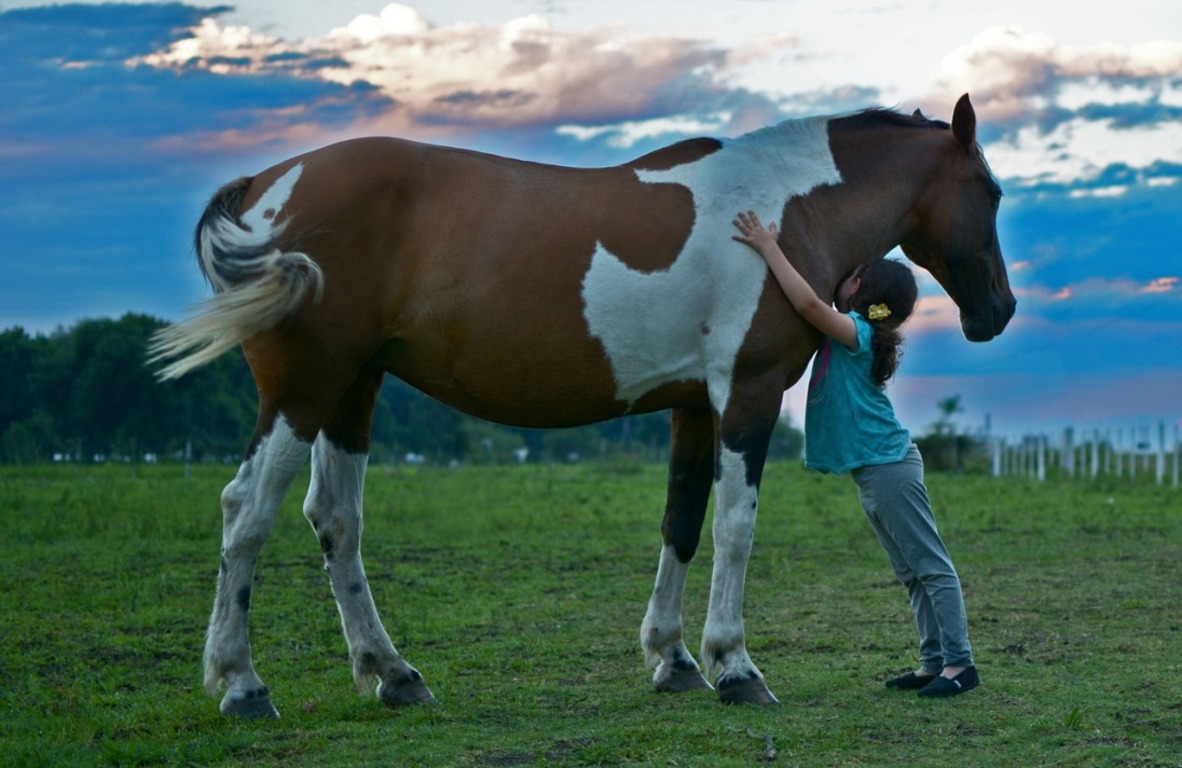

With the coronavirus pandemic that has fallen on Kazakhstan and the crisis it has caused, many entrepreneurs are thinking about reformatting their business. Farmers in this regard are no exception. Despite the fact that our agricultural enterprises have not been closed, many agrarians face some difficulties in their work. This leads us to the fact that today it makes sense to look for new niches and directions.
One of the most attractive options in this regard may be agricultural tourism. Today, when the beaches and resorts are closed everywhere, agricultural land suitable for receiving guests, on the contrary, are actively working and developing. Since the beginning of the epidemic, rural tourism has firmly entered the top. People around the world are eager to be closer to nature, breathe clean air and eat natural products. That is why in such countries as France, Great Britain, the Netherlands, Germany, Spain, Ireland, rural tourism projects are encouraged at the state level.
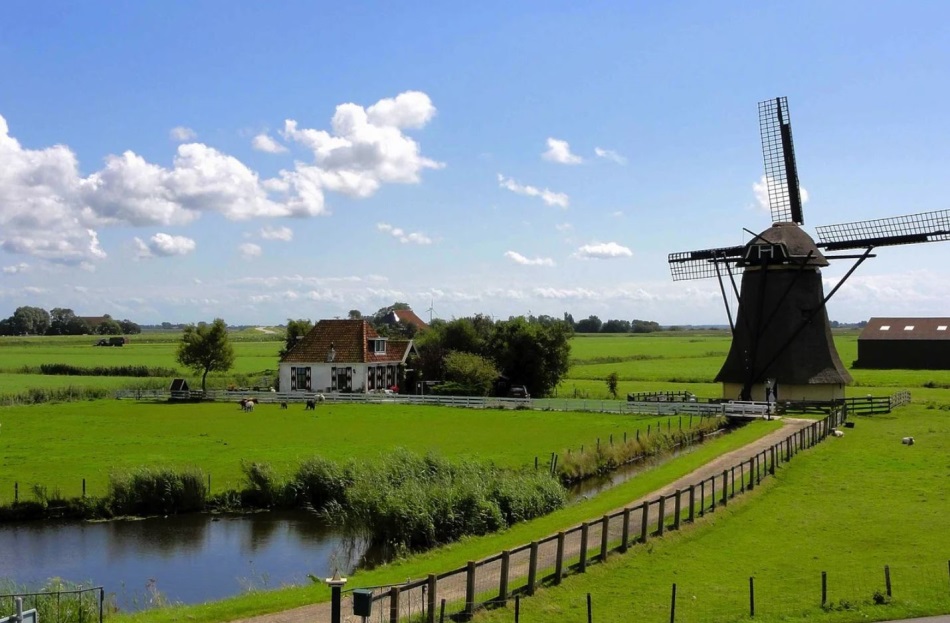
In Europe, it already ranks second after the traditional beach resorts. There is every reason to believe that this is not accidental, but a real long-term trend, because agricultural tourism has great prospects. Here are just a few examples:
- Rural tourism can help support the economy of farms in competition with large agricultural holdings;
- The development of agro-tourism can breathe new life into the empty territories. Local budgets can get a new source of tax revenue through this, and rural youth can be encouraged to stay in their home areas and develop new interesting businesses;
- There is low competition in this business niche, which is a serious incentive for entrepreneurship as it promises good profitability.
There are several generally recognized types of rural tourism:
- Agritourism (harvest);
- Tourism of stay ("to live in the village");
- Tourism of practical experience (getting life experience);
- Gastronomic tours (traditional dishes and drinks);
- Community ecotourism (eco-community tourism);
- Ethnographic tourism (acquaintance with local traditions).
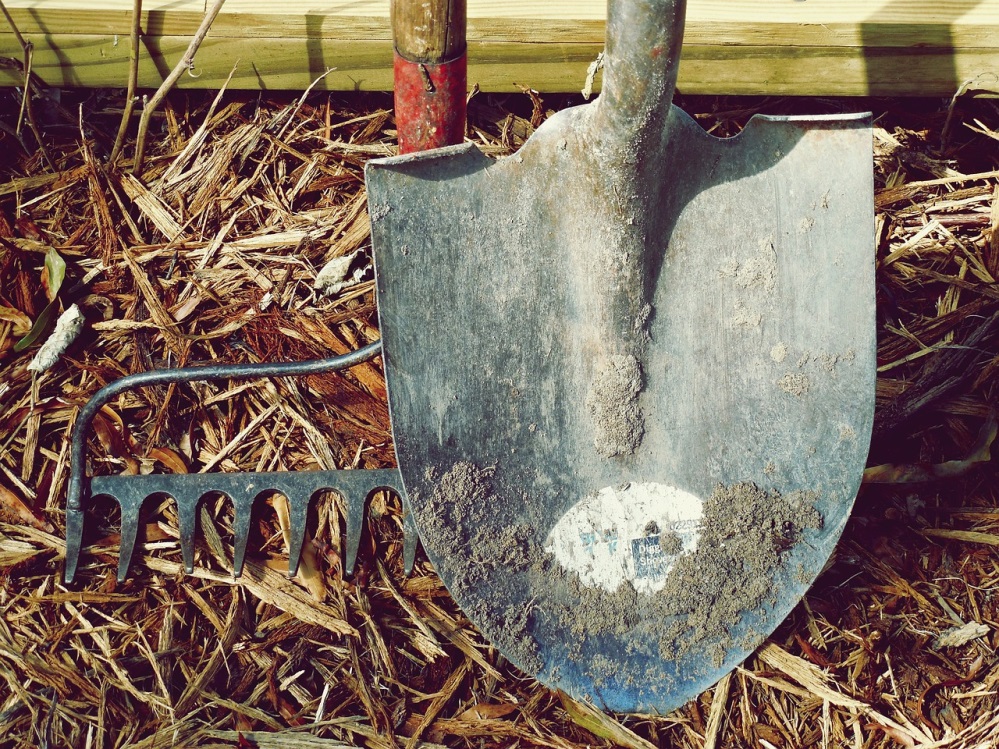
To further elaborate on this topic, we recorded an interview with Professor Zhumagali Ospanbayev, Doctor of Agricultural Sciences.
"We have a farm near Almaty, we have now submitted a project for scientific consideration, we want to make it an organic farm. Such farms produce environmentally friendly livestock and crop products without any fertilizers or chemicals. Customers may also come to the farm to see its products and choose something for themselves. Eco-farms can also be used to develop agrotourism, where visitors can rest there in addition to buying goods," Zhumagali Ospanbayev said.
According to him, a lot of land is not being used in Kazakhstan, including around Almaty and Nur-Sultan.
"All this land must be covered with green so that there are additional green belts around cities. Of course, this will not happen immediately, but in time the creation of eco-farms may become one of the main directions in the agro-industrial complex. Today, small farmers do not receive much support, so they do not develop. Those who have 5-10 hectares should pay attention to this concept - grow organic products. This can be achieved by means of new technologies, we will now study the most appropriate solutions for this type of farming. For example, fertilizers can be obtained from livestock farming. After all, today we grow our crops separately and our livestock separately. And in the west, this is called the life stock, when all areas of agriculture are combined on a farm into one system. They receive biogas and humus from manure and fertilize vegetable plantations. All this is green technology. Such a farm can be raised by the whole family, which has a beneficial effect on health, because it often uses manual labor and small tools of mechanization. Inside such an eco-farm everything should be in the form of a cycle - complete self-sufficiency," says Zhumagali Ospanbayev.
He noted that the main principle when creating such a farm is to choose suitable crops to get not one but two or three harvests.
"Another issue here is the official certification. This is common abroad, but we have not solved this issue yet. This is important, because buyers must be sure that they buy organic products from such a farm. There are also great prospects for delivery services, so that customers can get any berries or vegetables directly from the farm," - said Ospanbayev.
In addition, according to him, organic farms may become a new trend in tourism.
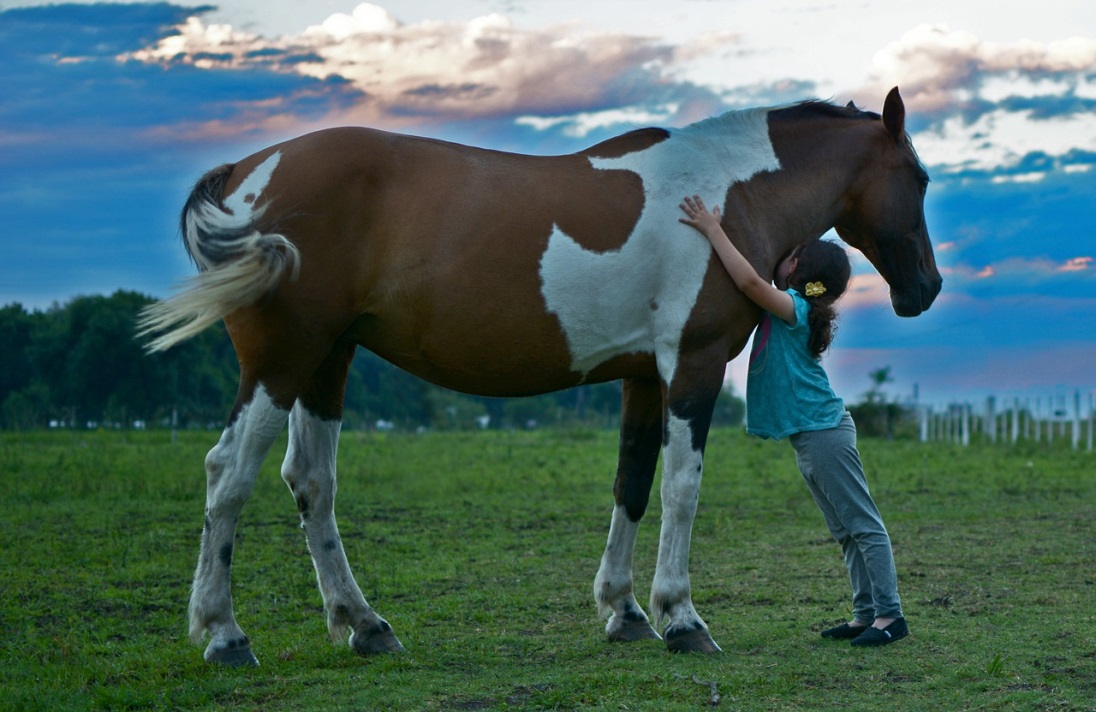
"Many city residents can not go elsewhere for a vacation, not everyone has a cottage or some suburban area. While here, they come, rest, go swimming if there is a pool or some pond, get some products, and go back to town. You can create a network of such farms, but it is important to have a clear organization. In general, we need to give the opportunity to develop small agricultural units, to provide targeted support. I have been to America more than once; small farms of up to 20 hectares are common there. They develop excellently and are self-sufficient. While here if farms start to unite, some organization emerges with some positions, bureaucracy ensues. There is no need for that," Zhumagali Ospanbayev is convinced.
In conclusion, he emphasized that in this type of farming, a person should be engaged in agriculture himself, not hire someone from outside.
"In this case, both profitability and health will be better. If you have taken the land, please, do yourself a favor. It will be much more profitable," concluded Zhumagali Ospanbayev.










































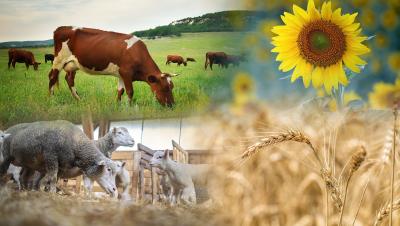
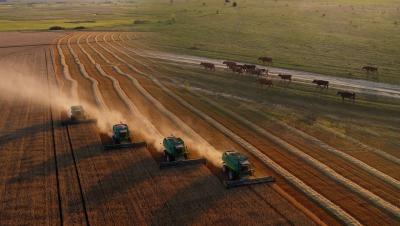




Обсуждение